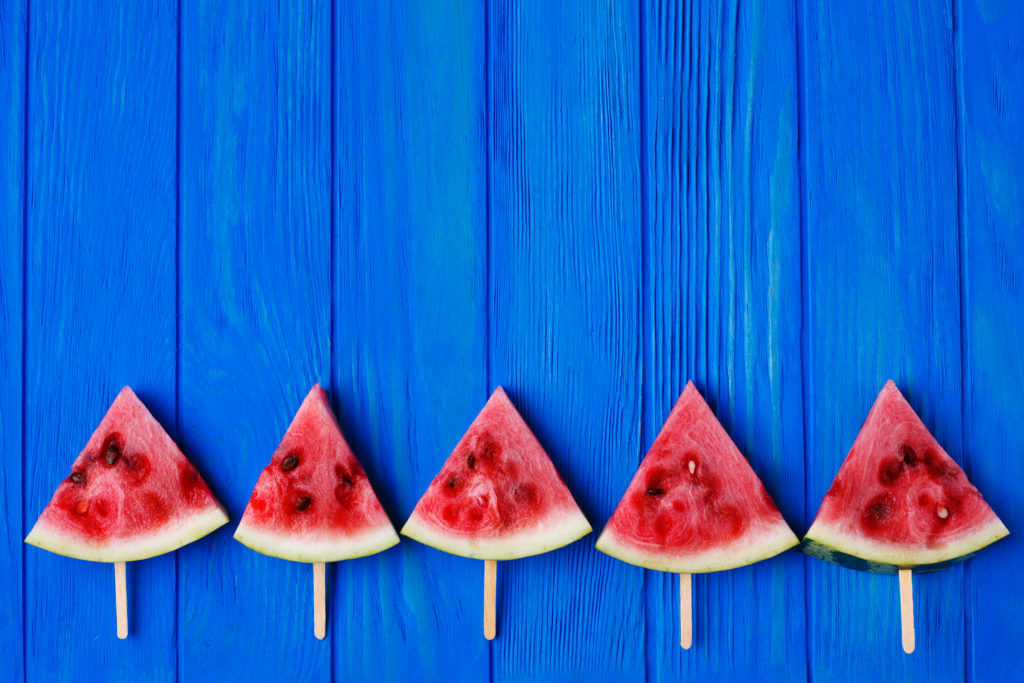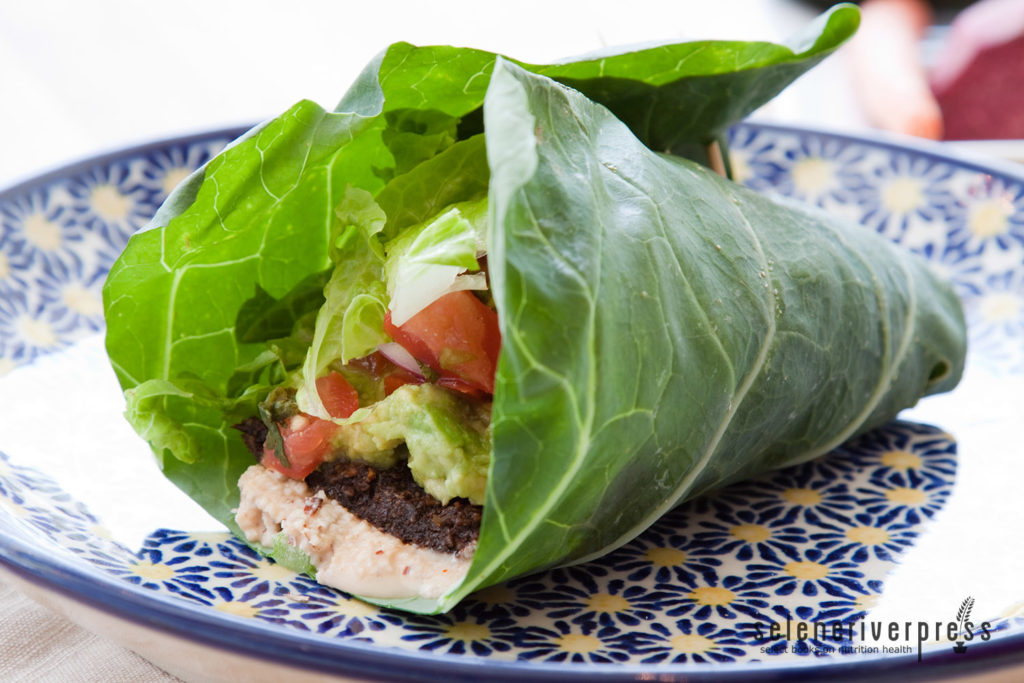I know, I know. We talk a lot about staying hydrated at SRP, and here I go bringing the topic up yet again. But this is super important stuff, my friends. And maybe you’ll be happy to know that I’m not going to focus on preventing hydration solely with water in today’s post.
You see, even though we all know about the impact dehydration has on our bodies, some of us still have a tough time incorporating the self-health habit of drinking plenty of healthy water every day into our lives. I get it. I’m still working on solidifying some more healthful habits into my daily routine as well.
My philosophy has always been that we shouldn’t beat ourselves up over such things. Instead, we should look for alternative ways to get the health benefits of traditional habits that just won’t “stick.” So if you just don’t see yourself becoming a full-fledged water drinker, try making up the difference by adding some hydrating foods to your diet. (Side bonus: you’ll be upping your veggie and fruit intake at the same time since most hydrating foods fall in these categories.)
Cucumbers (about 96 percent water). No wonder cucumbers are so stinkin’ refreshing on a hot summer day! Right? While you may not think cucumbers have much to offer by way of nutrients, this low-calorie addition to any snack or meal provides you with fiber, potassium, magnesium, and manganese, plus vitamins C and K.
Cucumber factoid: My sister loves cucumbers, but she avoids them because they make her burp. Turns out, this is a defense mechanism in the cucumber plant. In an effort to keep animals away, the cucumber produces a chemical called cucurbitacin, which gives the peel that bitter taste. Here’s a little trick to minimize the bitterness: slice off the stem end of the cuke and rub it in a circular motion around the cut end. You’ll see some white foam develop. When it looks like all the foam has been released, rinse it off and you’re good to go. And the whole process just takes a few seconds. This technique might not stop all burping, but it really helps lessen the bitter bite.
Celery (nearly 95 percent water). Talk about versatility—celery is good in soups and in your favorite pot roast recipe, but they’re also great to munch on when you want a light snack. When you add celery to the menu, you’re getting a good amount of vitamin K, a bit of vitamins A and C, plus some of the Bs, as well as some folate, potassium, fiber, and the trace mineral molybdenum.
Celery factoid: Celery can have an aphrodisiac effect (age appropriate, of course), so make sure to bring some on your next romantic picnic. However, since celery is on the EWG’s Dirty Dozen list, opt for the organic bunch.
Romaine lettuce (nearly 94 percent water). For superior nutrition, don’t settle for just the hearts of romaine. When you opt for the whole head, you’re getting all the nutrients in the darker green leaves. Romaine lettuce is packed with folate, potassium, calcium, phosphorus, and magnesium, along with vitamins A, C, and K. Of course, a Caesar salad is nothing without the Romaine lettuce, but it also works in a green smoothie without overpowering any of the other flavors.
Romaine lettuce factoid: If you have a regular taco night at your house, keep the romaine leaves whole rather than chopping them up. Their sturdy boat-like shape is a natural taco shell, and they even have a similar crunch to those ubiquitous hard corn shells. Pile in your favorite fillings and munch away.
Of course, there are other foods that will help you stay hydrated. Watermelon, strawberries, and tomatoes all have a water content of 90 percent or higher. Look up the water content of your favorite juicy fruit or vegetable to see if it’s worthy of prioritizing on your menu to keep dehydration at bay.
Now, don’t be taking this as a reason to avoid drinking water! Consuming a good amount of healthy water every day is still incredibly important. But as long as you stay hydrated by including lots of naturally water-filled foods in your meals and snacks, you can relax about it. Just a little.
If you know someone who struggles with drinking enough water every day, share what you’ve learned here with them. :)
Images from iStock/graytown (main), Vadym Petrochenko (post).



